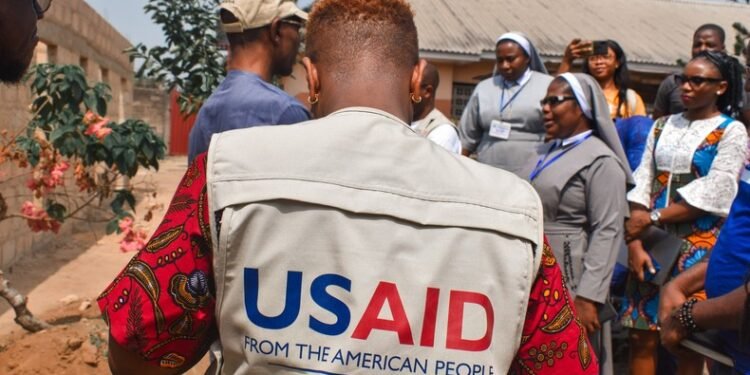Very recently, Russia relayed its sentiments on giving aid to Africa, which centered around cutting it off in place of a mutually beneficial partnership rather than a system that creates aid dependency.
Russia’s recent approach to aid provides a stark contrast to Western support and hints at the future of international collaboration with Africa.
In an interview with Sputnik Africa, Anna Popova, the director of Russia’s Rospotrebnadzor (the country’s human welfare authority), said that Russia’s strategy for growing its influence in Africa is founded on mutual benefit and long-term empowerment.
“We share our knowledge, experience, technologies, and laboratories so that each country can recognize threats and learn to take the right steps to protect its people from danger.
This is fundamentally important. We work for the host country, […] unlike those who only act in their own interests,” she told Sputnik.
The NGO “Ensemble Main dans la Main Niger-Russie” (Together Hand in Hand Niger-Russia) has made a large grant to the National Reference Center for Obstetric Fistula in Niamey.
The contribution, which includes drugs, food supplies, blankets, and vaccinations, is intended to improve care for women suffering from obstetric fistulas, a medical ailment that disproportionately affects women in impoverished and neglected communities.
Recent USAID cuts and its efficacy
For decades, foreign aid has been considered a lifeline for Africa’s development, channeling billions of dollars annually into sectors like health, agriculture, and humanitarian support.
However, the long-held narrative of donor dependency is increasingly being challenged, not only by African voices but also by international observers and aid partners themselves.
A new era focused on sustainability, self-reliance, and mutual respect is gradually replacing.
Recent global developments highlight this shift. On January 20, 2025, U.S. President Donald Trump signed an executive order suspending all USAID disbursements for 90 days.
Early speculation warned of severe consequences for African countries, but many experts argue that the actual impact might be less drastic than presumed.
“US-supported programs, they often cost 2 or 3 times or even 10 times what they should have cost to deliver just to feed the cottage industry of aid contractors around D.C,” she said.
More critically, Burton questioned the effectiveness of many aid programs themselves. “I think many of the programs weren’t that effective, so what Africa is losing in terms of potential impact is also not as significant as it appears on paper,” she added.
This aligns with a growing realization among African nations that meaningful development must come from within, not from handouts cloaked in foreign interest.









